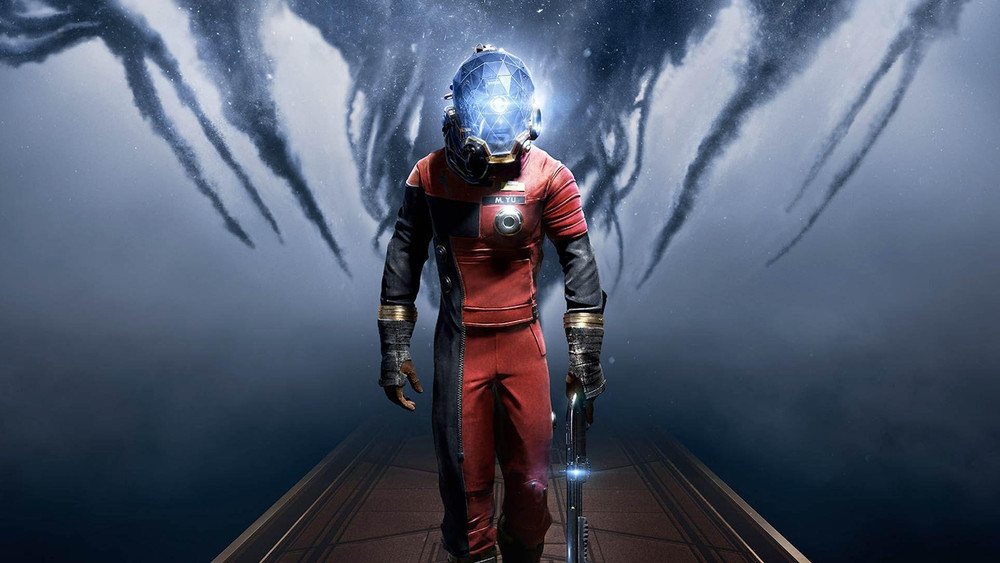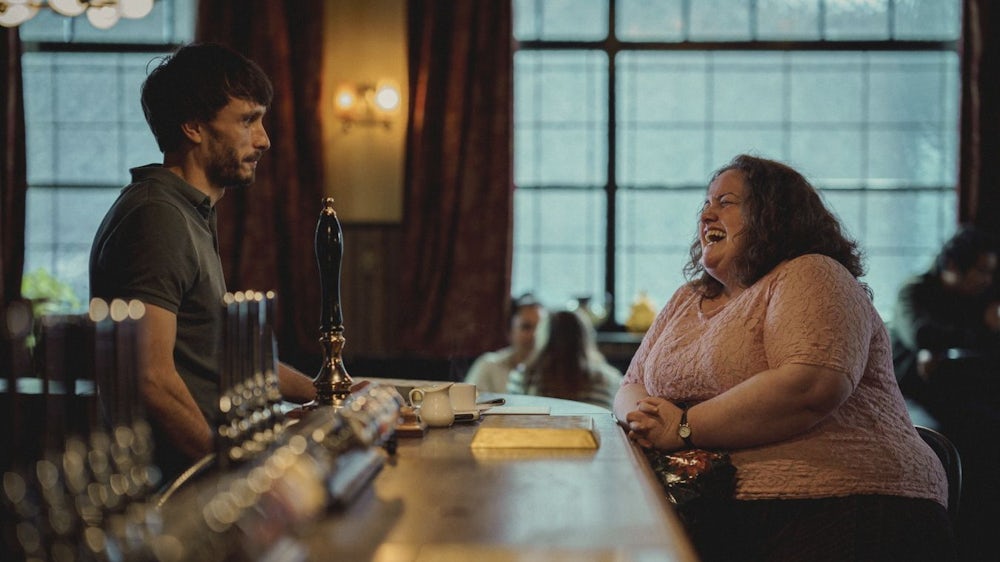 How does one go about making a movie based on a picture book fifteen pages long? Obviously, to fill ninety minutes, you’d have to add stuff here and there. But that raises a new question: how do you make sure your additions stay true to the source novel – if it’s really that short? Apparently, Spike Jonze, who ironically has Kaufman’s exquisite “Adaptation” on his name, found an answer.
How does one go about making a movie based on a picture book fifteen pages long? Obviously, to fill ninety minutes, you’d have to add stuff here and there. But that raises a new question: how do you make sure your additions stay true to the source novel – if it’s really that short? Apparently, Spike Jonze, who ironically has Kaufman’s exquisite “Adaptation” on his name, found an answer.
We’ll eat you up, we love you so
There is so much to say about Where the Wild things are, but I’ll start by saying this: this movie is a perfect example of how book to movie conversions should be done. Writers are focusing on the dramatic aspects of their source materials too much, causing them to be too plot-driven. Books are gargantuan masses unable to make it to movies, so you basically have to choose what you want in there. What if the mistake writers have been making – and typing this, as a scriptwriter, will shock me – is that they have been trying to tell too much story?
Maybe we ought to consider making less plot-driven conversions, and focus more on what we felt when we first read the book. For me, this is something The Lord of the Rings does aswell – but it’s even more apparent in Where the wild things are. Mind you: the story essentially stays the same. Max, acting like a wild thing, has a falling out with his mother and then sails away to a far away land where wild things live. He proclaims himself the king of wild things and then… they play.
Pedagogical Island
The movie is the same: it’s a movie about children’s games. In its most bare form, the movie is nothing more than that: there’s wild games (the igloo, the dust clod battle), there’s construction games (building the fortress), there’s just your general wildthingery (jumping on top of each other) and there’s the central game, the one that is inherent to the story: roleplaying. Because, of course, you’re watching a game Max is playing, a game in which Wild Things exist.
Where the movie truly shines, is those very Wild Things . None of the Wild Things have a name or an identity in the book; in the movie they have been fleshed out into living, breathing, well-rounded creatures, who act like children, play wild games all day… but someday have to grow up.
So what do you expect? Exactly: a typical story in which there are Good Wild Things and Bad Wild Things. Fortunately, this is not the case. It’s (a lot) better. The only conflict in this movie, is a conflict of age. And once I realized that, I suddenly realized something: I was Max. I was a kid once, I played Wild Games, I broke stuff and my mother would get mad at me… but most importantly: I had an older sister. I know what it felt like having a sister outgrow oneself and see her move on to different things. Not being able to play games with her anymore, because it just didn’t work.
It’s almost Freudian. Being the combination of an education scientist and a scriptwriter, I can go on for hours and hours on the symbolism of this film – like the fact that it’s set on a pedagogical island. But that wouldn’t do it justice, because I felt something much deeper, something I had forgotten: what it felt like to see your best friends grow up around you. It meant losing them for ever. I felt the betrayal Max (who performed a brilliant, brilliant part) felt, I understood why he had to destroy Claires room.
In All…
And, with that destruction, I also had to understand why he had to leave. And I understood even more why leaving made me so deeply sad: because Max would one day be me once more, but a different me: the me I am today. No more play, no more games. He won’t (and can’t) go back there, the place where the Wild Things are is gone forever.
It’s something we all experienced. Spike Jonze, should you ever read this: is this what you hoped to achieve? Or am I really insane?



